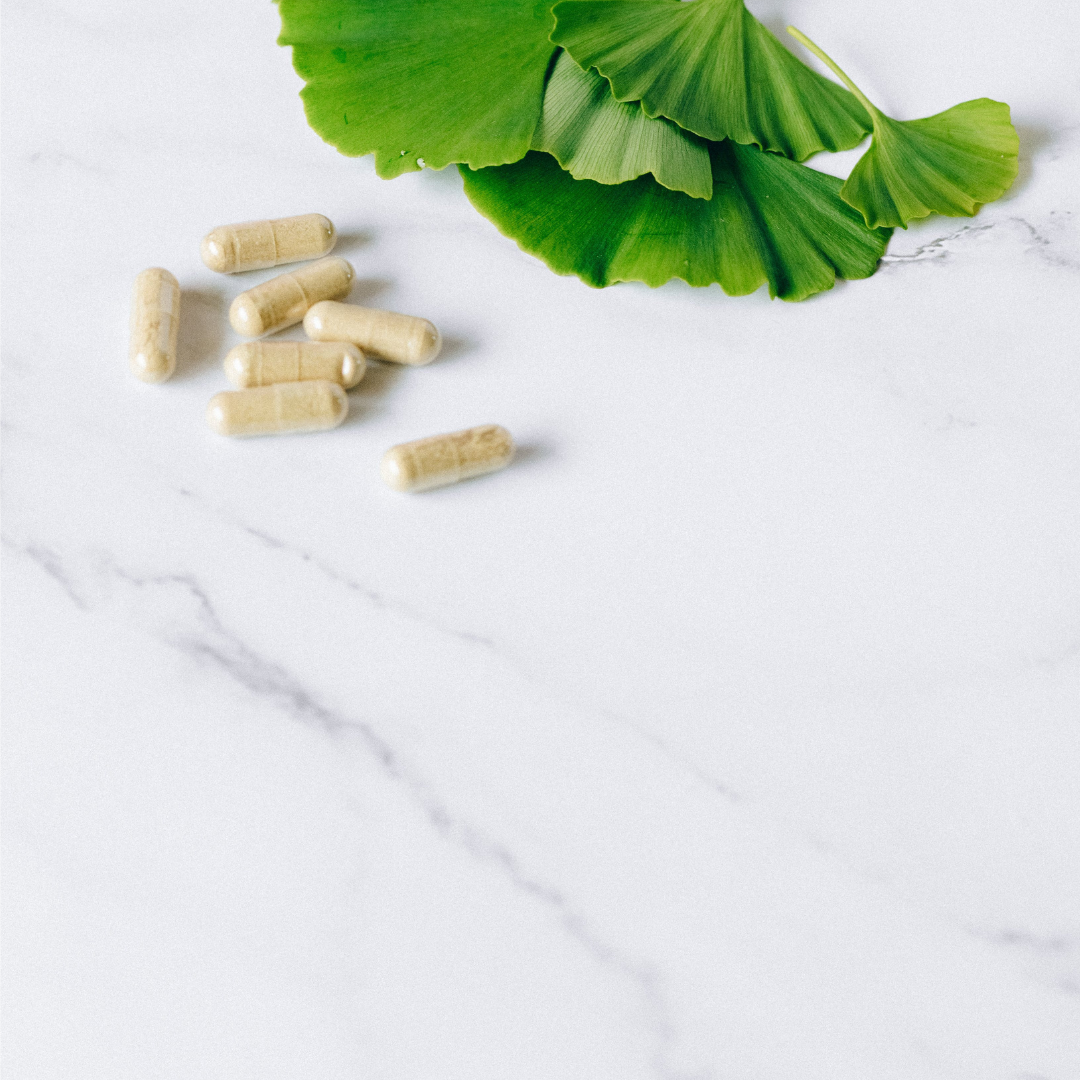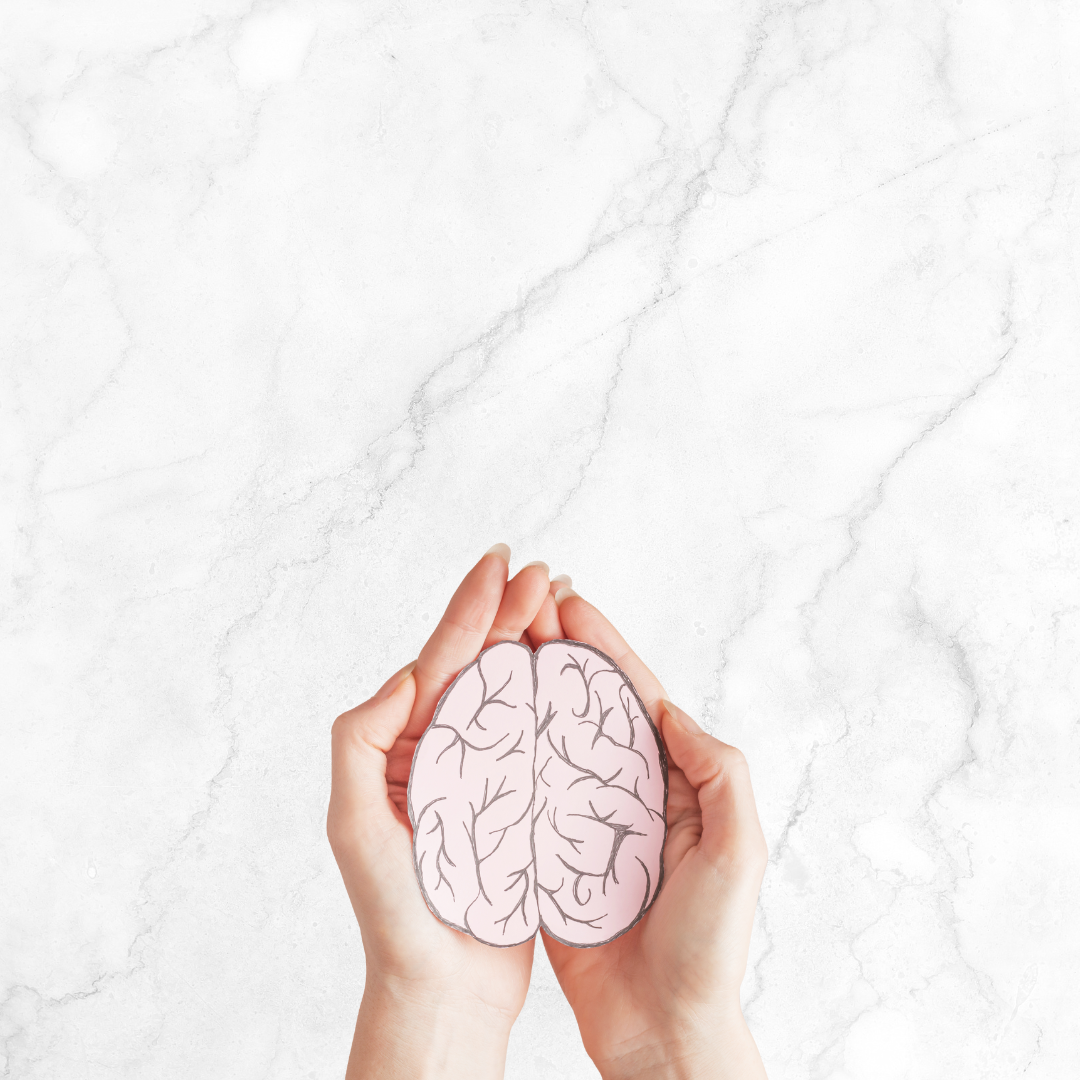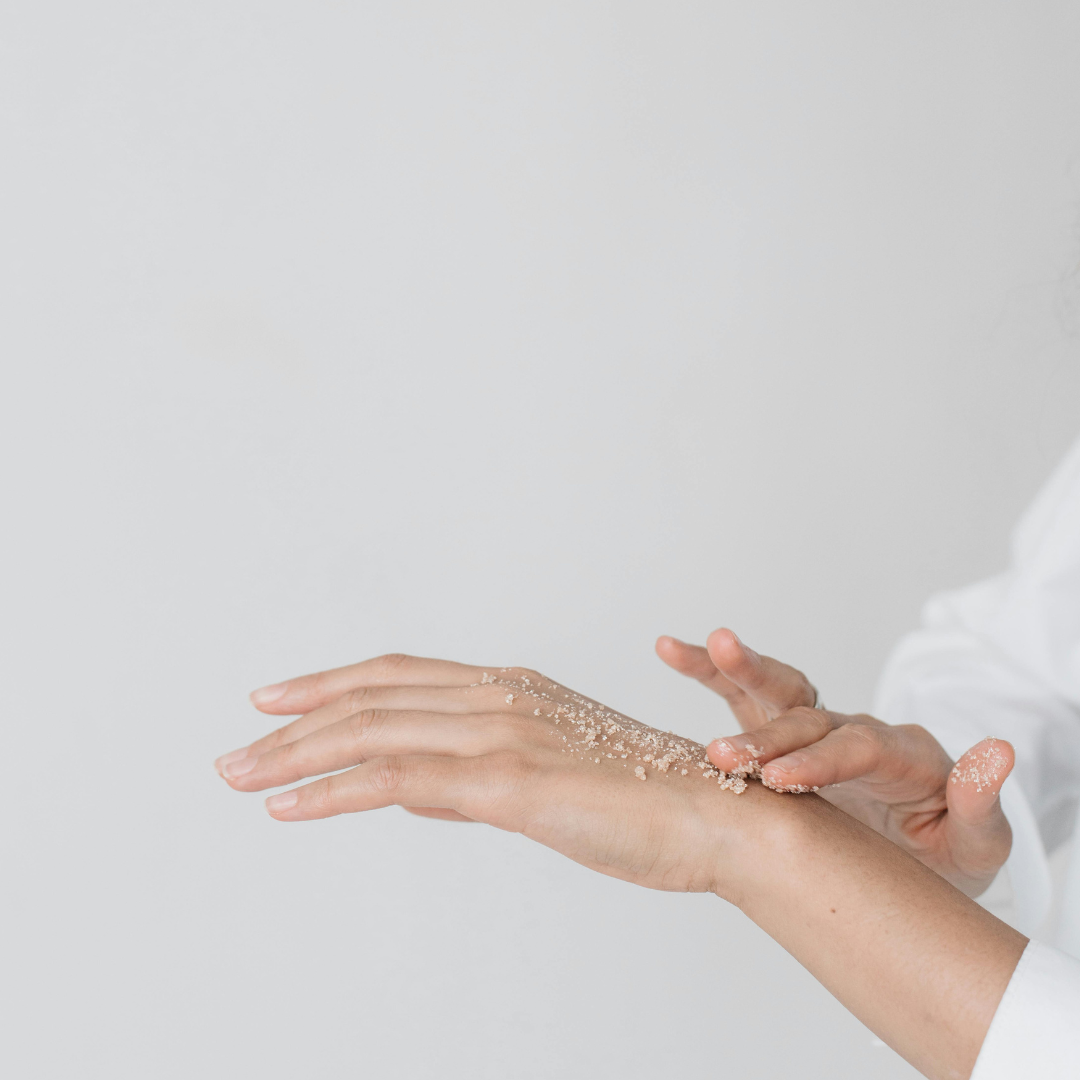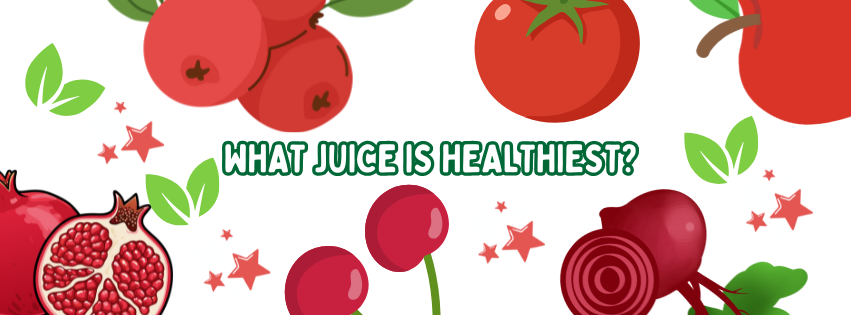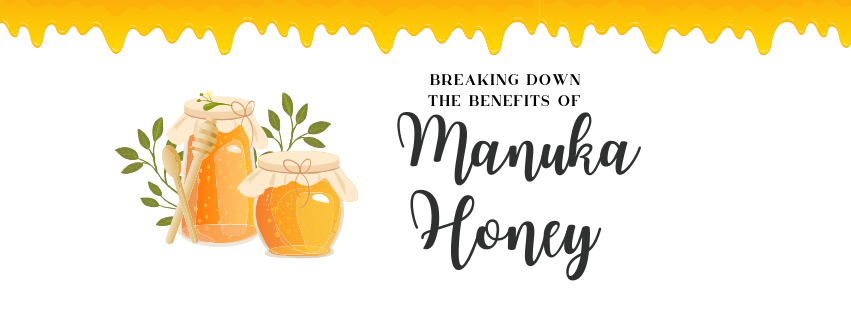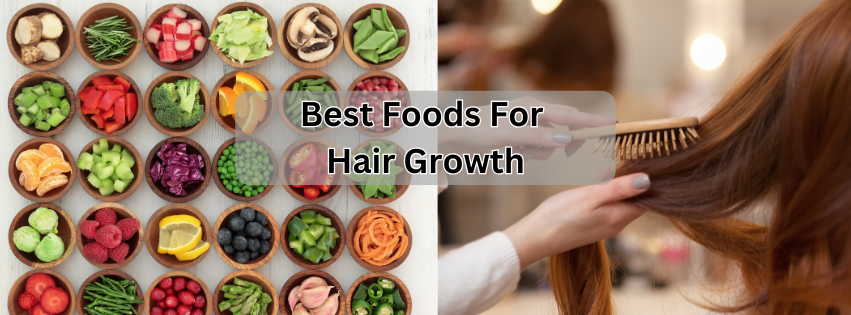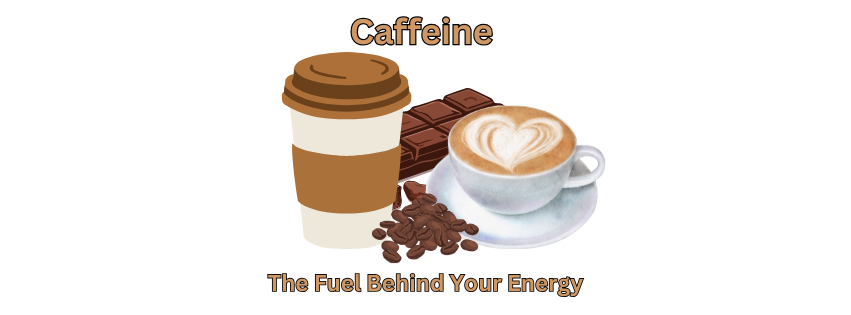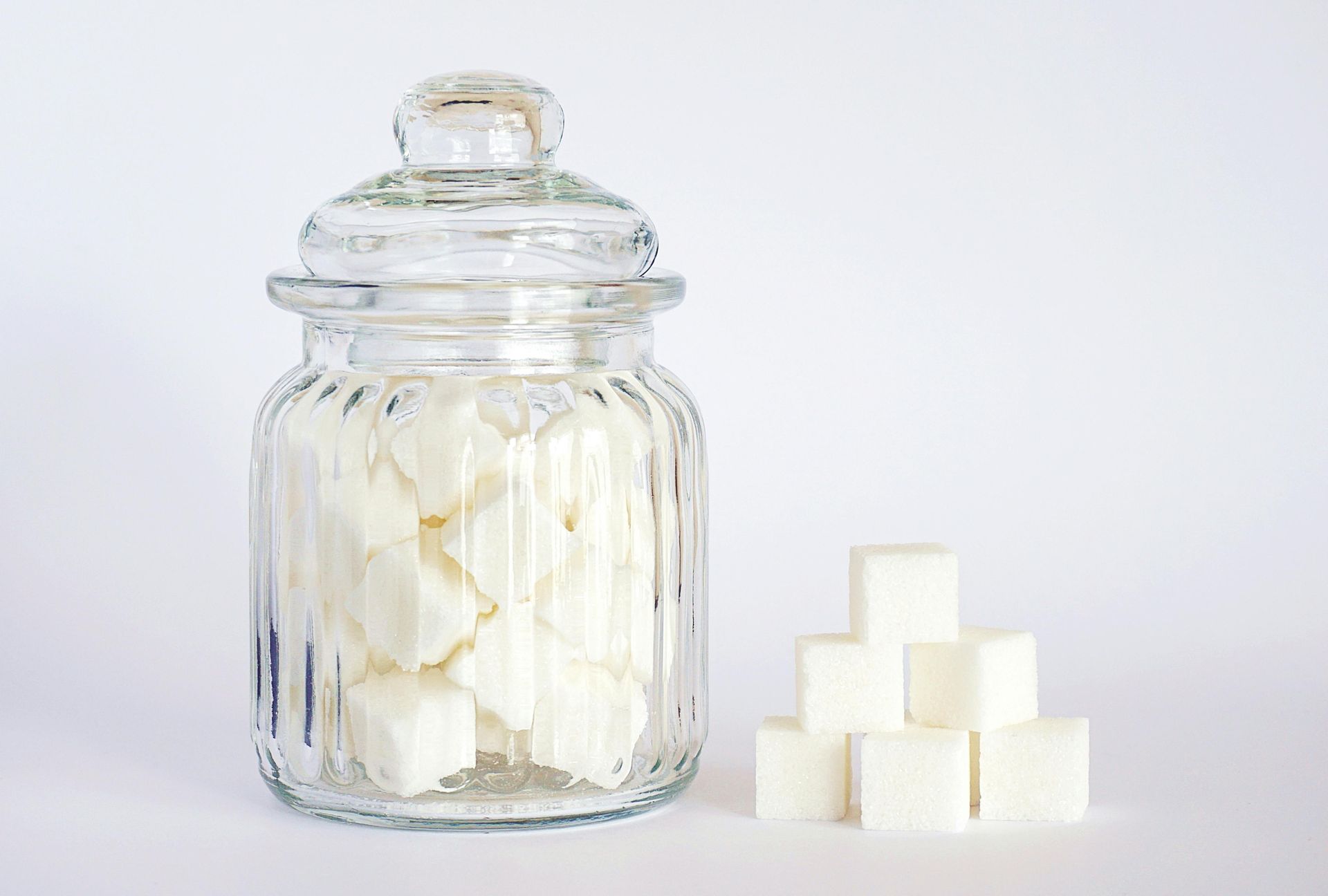Health Tips From Experience
With almost 50 years of experience in the Wellness Industry, we have learned what works. We have put together Health Tips for navigating some of the most common health concerns and challenges we see in our community. Experience, customer feedback, staff testimonies, clinical studies, and other educational resources have helped us understand the most effective courses of action to help you feel your best. You'll also find information on some of our best-selling supplements, such as Bio-Strath, and popular herbs and oils like Astragalus and Frankincense.
*Please note that this information is not intended to replace appropriate professional advice. Suggestions are based on over 45 years of customer experience. Please consult your pharmacist if you take prescription medications.
Browse All


